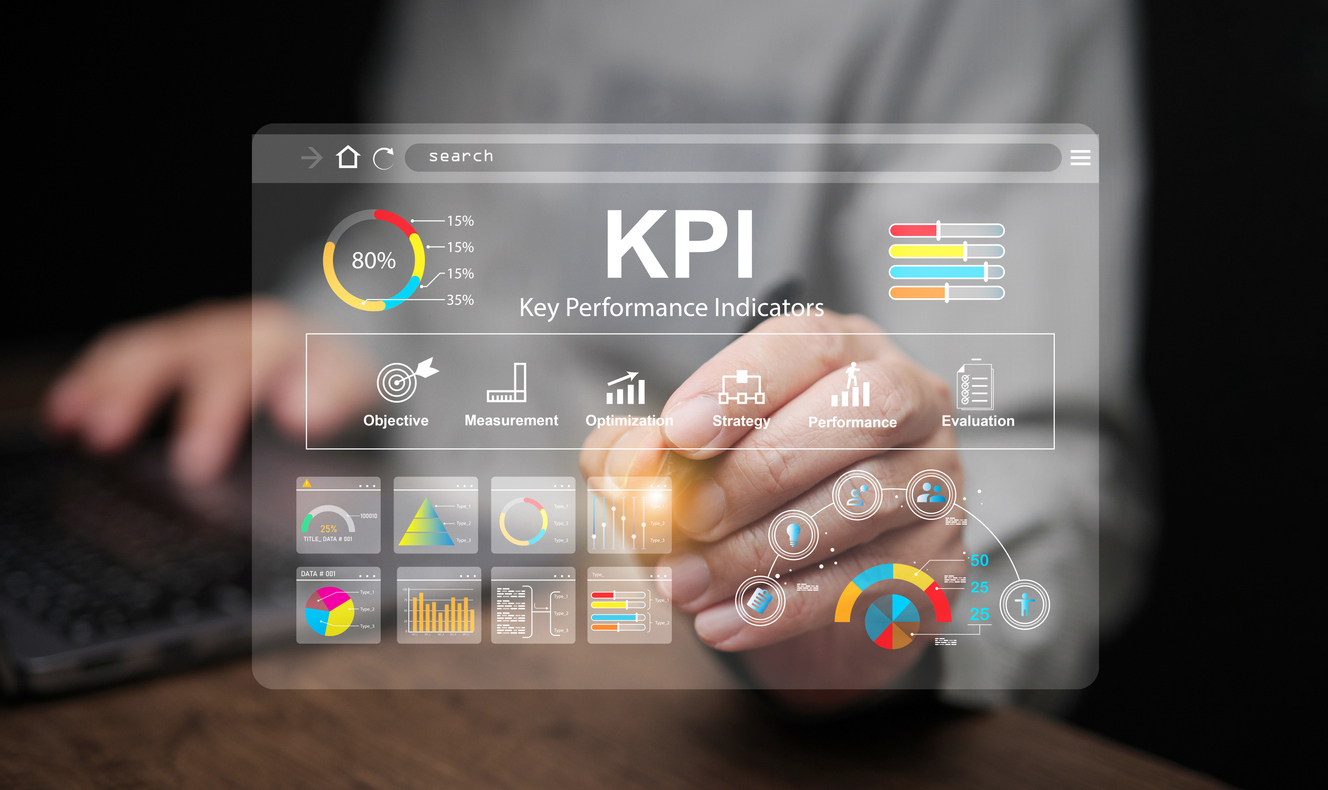Why Tracking Business Performance Metrics Matters

In today's competitive business landscape, understanding your performance metrics is more crucial than ever.
Understanding Business Performance Metrics
The truth is not a burden; it's a tool for making informed decisions. By understanding your numbers, you can plan effectively. Embrace the data you have—it's neither good nor bad, just facts.
A CEO friend of mine once said, "Nine isn't ten. Ten is ten," meaning you should see your data clearly without distortion.
Understanding your numbers, your data, your KPIs gives you insights into your business, helping you make necessary changes. Ignoring these metrics can stunt growth and cause missed opportunities. KPIs provide clear data to assess your strategies and operations, whether you're a big company, a small business, or managing personal sales.
The Math has to Math
"The Math has to Math" is one of my favorite sayings. Ask anyone on the Simpay team and they'll tell you I say this all the time. Here's a really simple example:
If you want to earn $100,000K in a year, you must average $8,333.33 per month. If you're bringing in $5K a month, the math won't math and you won't make your income goal. That's neither good nor bad, it's just a fact. The truth is you need to increase your income by $3,333.33 per month if you want to make your goal.
- Can you make more sales? What would that take?
- Can you average more commissions/bonuses/residuals per sale? What would that take?
- Can you sell additional products & services to your existing clients and lower attrition, protecting the income you already have? What would that take?
You can go as deep as you want with this. Look at the client types that earn you the least money and the most money. Focus on the types of clients that make you the most. You might be surprised to find you're spending 80% of your time chasing clients who only make up 20% of your income. Flip that script.
Keep digging. Look at the clients who make you the most money. What is the same about them? Do they process higher volumes? Are they all priced a certain way? Are they in a particular niche market that you can become an expert in? Were they cold calls or referrals? Do they have more than one product you represent? Understanding what makes them profitable for you and focusing on more businesses like them will increase your income.
Dig even deeper. Are you limited because of your compensation plan? Are you capped at a certain level? Are just falling short of the next bonus level? Do you take advantage of incentives? Can your processing partner or employer sell your residuals without your consent?
The Role of KPIs in Strategic Planning
Your numbers or KPIs play a pivotal role in strategic planning by providing a roadmap for achieving business goals. They help you set specific, measurable objectives and track your progress towards these targets. By aligning your KPIs with your strategic goals, you ensure that every action taken is purposeful and contributes to the overall success of your business. But the key here is that you have to look at them objectively without justifications or excuses.
I'm going to say that another way, it's an old adage, but it's true - Plan your work and work your plan.
Strategic planning without KPIs is like navigating without a compass. KPIs offer direction and clarity, allowing you to identify which strategies are working and which ones need adjustment. In a competitive market, the ability to pivot quickly based on reliable data can be the difference between thriving and merely surviving.
Enhancing Accountability and Motivation
Whether we're talking about a large sales organization or your personal sales and income goals, tracking KPIs serve to foster accountability and motivation. When employees are aware of the metrics that matter and understand how their performance impacts these numbers, they are more likely to take ownership of their roles and strive for excellence.
KPIs also serve as a motivational tool by providing clear benchmarks for success. Recognizing and rewarding employees who meet or exceed their targets can boost morale and encourage a high-performance culture. Transparency in performance metrics ensures that everyone is on the same page and working towards common goals.
Leveraging Metrics for Long-Term Success
In the long run, consistently tracking and analyzing your KPIs can lead to sustained business success. The data collected over time allows you to identify trends, forecast future performance, and make proactive decisions. Understanding your metrics enables you to adapt to changing market conditions and stay ahead of the competition.
Ultimately, the truth is not a burden but a vital asset. Embracing the reality of your business performance through KPIs empowers you to make informed decisions, drive continuous improvement, and achieve long-term growth. By leveraging performance metrics effectively, you can ensure that your business not only survives but thrives in the ever-evolving marketplace.


